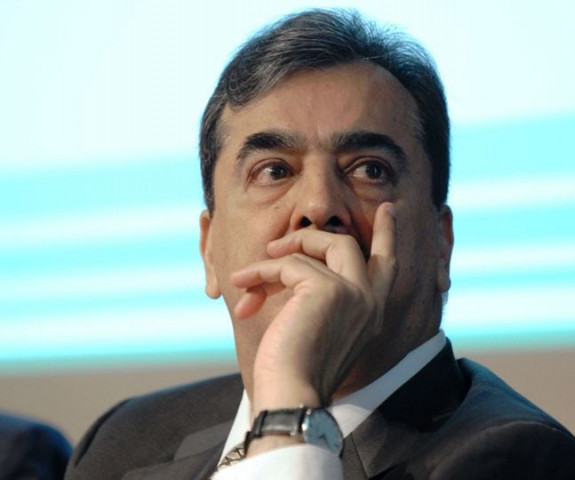Wisdom better than rash bravado
Wisdom demands that we challenge the US realistically, compel it to make amends to the benefit of Pakistan.

The army chief also explained why the November 26 air strike at Salala was not responded to: “Timely decision could not be taken due to breakdown of communication with the affected posts and therefore lack of clarity of situation at various levels, including corps HQ and GHQ”. Now he wants the troops on the border with Afghanistan to take their own on-the-spot decision against any future Nato attacks without waiting for orders from the GHQ. And for that they would be supplied with appropriate weapons. Now they will have to worry about dealing with US-Isaf forces in addition to Taliban terrorists.
This is, by all accounts, a very rash approach to the situation triggered by the November 26 incident, even if it is directed, as a morale-booster, at the troops and meant to be interpreted differently as strategy by civil society, which is obviously not prepared for war on the western front. Moreover, one wonders why what should be inter-army directives are being made public, though it may be surmised that this is due to the perception following the attack that the army was not responding strongly enough to an attack on Pakistani territory.
Meanwhile, the Americans are offering regrets even before their formal inquiry into the Salala incident is completed on December 21. President Obama, too, has expressed sorrow at the death of Pakistani troops, though a formal apology is yet to come. There are, however, statements being issued from Washington saying the attack was unintended and that some fire had come from around the Salala check post.
Pakistan has already taken the crucial step of banning supply trucks taking fuel and equipment to Afghanistan through its territory, in the process cutting nearly half of Nato/Isaf’s total supplies. Add to this the notice on Shamsi base and it becomes a very palpable challenge to the very presence of Nato troops in Afghanistan. Russia, which has offered a northern supply route to the Nato forces since 2009, has also threatened to cut it off because of the deployment by the US of a ‘missile defence’ cordon around Russia. The decision not to attend the Bonn Conference on the future of Afghanistan seems a bit excessive because of its isolationist intent and hopefully will be subject to revision later on.
The nation is already of one mind, a kind of pre-war symptom that Pakistan experienced in 1965 and 1971 when the army painted the country into a corner through the hubris of isolationism. It is not natural that the entire nation be of uniform thinking in favour of conflict, especially if this conflict is against an immeasurably stronger adversary. If after the anger felt in the GHQ — and equally by ordinary Pakistanis on the street — subsides, more realistic decisions are required to be taken, the disappointment among the public will take the shape of an emotional boomerang of self-disgust. We have seen that happen in the Raymond Davis case after the CIA agent was let off on diyat instead of being publicly hanged. If the common man has succumbed to an attack of ‘ghairat’ and is spoiling for a fight with the US, the state cannot afford to indulge in the bravado of an unequal war.
If the pro-war mind is presuming that the Taliban will fight the Nato-US forces side by side with the Pakistan Army, putting an end to the problem of law and order in Pakistan, it is sadly deceived. It will in fact be a two-front war, one front being at the back of the Pakistani troops. The Taliban and their master al Qaeda have an agenda that will be fulfilled only by removing our army chief from his post and then using the military to take over the country and its nuclear assets. Wisdom demands that we challenge the US realistically rather than rashly, compelling it to make amends for the Salala incident to the benefit of Pakistan.
Published in The Express Tribune, December 3rd, 2011.














COMMENTS
Comments are moderated and generally will be posted if they are on-topic and not abusive.
For more information, please see our Comments FAQ